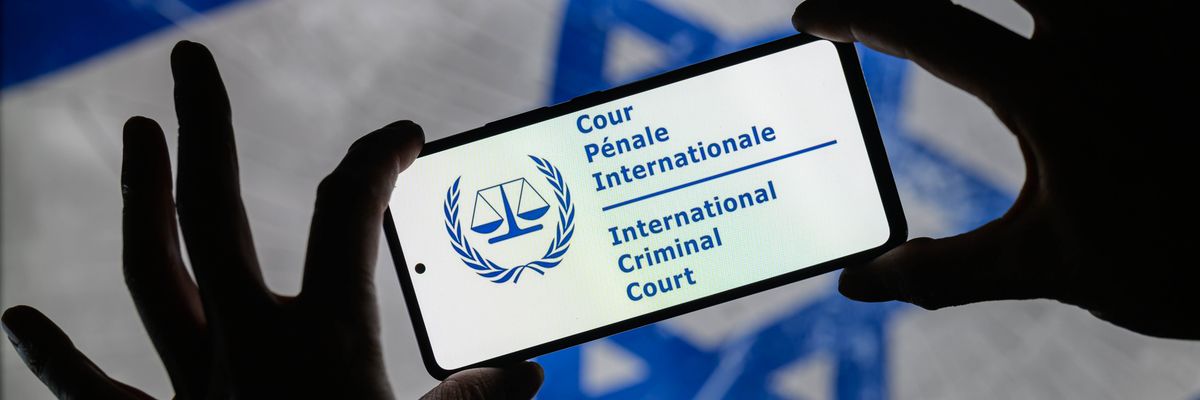Emphasizing that Israel had not convinced the International Court of Justice that sufficient efforts have been made to protect civilian life from harm, the ICJ on Friday ordered the Israel Defense Forces to end its military offensive in the southern Gaza city of Rafah at once and to open the southern border crossing from Egypt to humanitarian aid.
"Israel must immediately halt its military offensive or any other action in the Rafah governorate which may inflict on the Palestinian group in Gaza conditions of life that could bring about its physical destruction in whole or in part," said Judge Nawaf Salam, president of the court, which is the United Nations' top judicial panel.
He added that the court was "not convinced that the evacuation efforts and the related measures that Israel affirms to have undertaken to enhance the security of civilians in the Gaza Strip and in particular those recently displaced from Rafah governorate [are] sufficient to alleviate the immense risk, which the Palestinian population is exposed to as a result of the military offensive in Rafah."
Salam said that in examining South Africa's case focusing on the Rafah offensive, which has forced more than 800,000 people to flee Rafah following the displacement of more than 1 million people to the city since October, the court had found the humanitarian situation in Rafah is now "disastrous" and has "deteriorated further" since the ICJ issued its last order to Israel in March.
That order demanded that Israel allow desperately needed humanitarian aid into Gaza, as dozens of deaths from starvation were reported, including among children.
But on May 6, Israel seized control of the Rafah crossing, leaving local hospitals with a rapidly depleting supply of medical equipment and fuel and intensifying the starvation crisis in the city and across Gaza.
The court ordered Israel to "open the Rafah crossing for unhindered provision at scale of urgently needed basic services and humanitarian assistance."
It also said Israel must "ensure the unimpeded access to the Gaza Strip of any commission of inquiry, fact-finding mission, or investigative body mandated by the competent organs of the U.N. to investigate allegations of genocide."
The ICJ's rulings are legally binding but Israeli Finance Minister Bezalel Smotrich, who in April called for the "total annihilation" of Rafah and other Gaza cities, said Friday that the government "will not agree" to stopping its military assault.
Al Jazeera reported that Israel is not planning to "respond to the decision of the court, both politically or militarily."
Sarah Leah Whitson, executive director of Democracy for the Arab World Now (DAWN), said countries—including the U.S.—that have continued to fund the Israel Defense Forces as the civilian death toll in Gaza has skyrocketed must halt their support in light of the ruling.
"The court's clear and unequivocal ruling ordering a halt to Israel's military offensive in Rafah leaves no ambiguity about what should follow: an arms embargo on Israel," said Whitson. "Continued U.S. arms transfers to Israel would constitute deliberate defiance of the court's orders and make our government complicit in genocide."
While Israel "will not hold itself accountable and will not voluntarily end its crimes," said DAWN advocacy director Raed Jarrar, the ruling confirmed that "international action is needed."
"The international community has an obligation to use pressure and sanctions to force Israel to end its atrocities, just as it used pressure and sanctions to force South Africa to end apartheid," said Jarrar.

